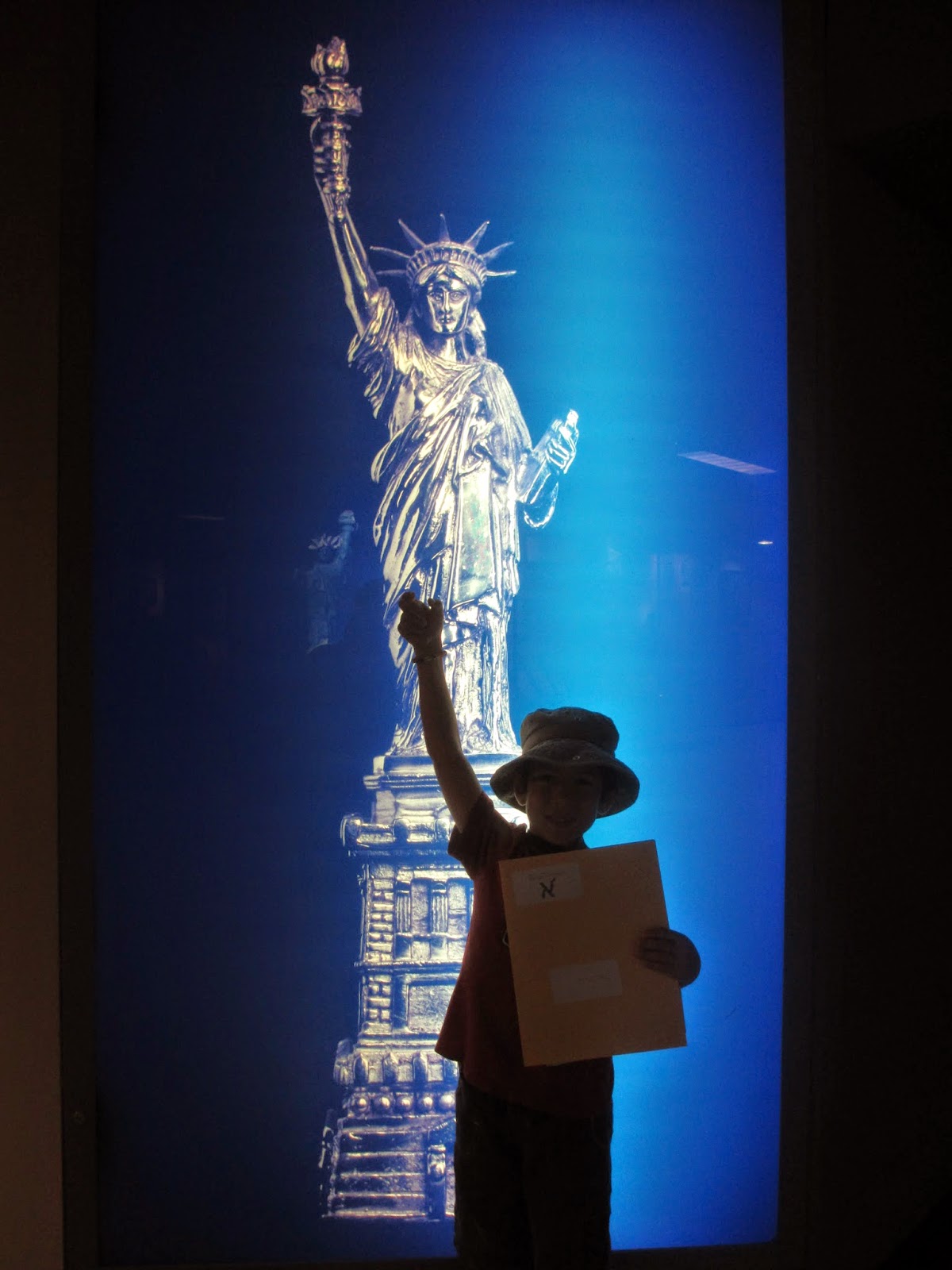A recent article in Tablet Magazine described the camper experience of Hebrew at
summer camps. The article observed that camp vocabulary included mainly nouns
sprinkled into camper conversation, and noted that while “Camp Hebraized English”
is a “distinctive cultural phenomenon,” it does not contribute to conversational fluency
in an Israeli setting. As a seasonal experience, it adds flavor to American Jewish life,
which is meaningful with or without true linguistic competency.
summer camps. The article observed that camp vocabulary included mainly nouns
sprinkled into camper conversation, and noted that while “Camp Hebraized English”
is a “distinctive cultural phenomenon,” it does not contribute to conversational fluency
in an Israeli setting. As a seasonal experience, it adds flavor to American Jewish life,
which is meaningful with or without true linguistic competency.
Viewed from another perspective, however, the “Linguistic Landscape” can become
eminently valuable to those students of Hebrew language who wish to build and
improve their conversational skills. Comfort with a variety of vocabulary will only
help speakers move to the next level. In a communicative setting, speakers need
to draw upon vocabulary from a multitude of experiences and employ these to
make themselves understood.
eminently valuable to those students of Hebrew language who wish to build and
improve their conversational skills. Comfort with a variety of vocabulary will only
help speakers move to the next level. In a communicative setting, speakers need
to draw upon vocabulary from a multitude of experiences and employ these to
make themselves understood.
So, if the more words we know helps us to build our conversational skills and get our
ideas across in social settings, how can we boost this number? In other words, how
can we create a “Linguistic Landscape” in our own daily lives?
ideas across in social settings, how can we boost this number? In other words, how
can we create a “Linguistic Landscape” in our own daily lives?
Here are some ideas:
Music and Movies add an auditory element that lets listeners grow accustomed
to the rhythms and flow of the language.
to the rhythms and flow of the language.
Print Media - novels, newspapers & magazines- require some concerted effort,
but the value of sinking into good literature and “Scavenger-hunting” familiar
roots in new frames is priceless.
but the value of sinking into good literature and “Scavenger-hunting” familiar
roots in new frames is priceless.
Picture Books - offer vocabulary coupled with pictures. Different levels of books
offer different experiences and challenges. Use the pictures to build vocabulary
and search the text for familiar words. Stories do not need to be “read” exactly
from the text but can be “told” using accessible language.
offer different experiences and challenges. Use the pictures to build vocabulary
and search the text for familiar words. Stories do not need to be “read” exactly
from the text but can be “told” using accessible language.
Poetry - offers a short & accessible text experience. As in one’s native language,
poems can be understood differently upon each reading. Repeated readings will
yield more vocabulary, greater fluency and more complete understanding of the
poem.
poems can be understood differently upon each reading. Repeated readings will
yield more vocabulary, greater fluency and more complete understanding of the
poem.
Wall Art - these are casually available for view on a regular basis and add both
an aesthetic and linguistic element to home decor
an aesthetic and linguistic element to home decor
Magnets - short phrases take less effort to comprehend, while repetition leads to
recall and memory
recall and memory
Cookbooks - recipes are short, concise, and offer a challenge with delicious
rewards!
rewards!
Labels - for household objects, i.e. cabinet, refrigerator, air conditioner, blocks -
individual words coupled with the physical object encourage learning through
repetition and exposure
individual words coupled with the physical object encourage learning through
repetition and exposure
As we delve into summer, we have more time to incorporate some of these ideas
into our daily lives. Creating easy and meaningful opportunities to expose ourselves
to language (for even five minutes a day) will make a difference if we give ourselves
the chance.
into our daily lives. Creating easy and meaningful opportunities to expose ourselves
to language (for even five minutes a day) will make a difference if we give ourselves
the chance.
Please share success stories (and challenges) in the comments below!

















